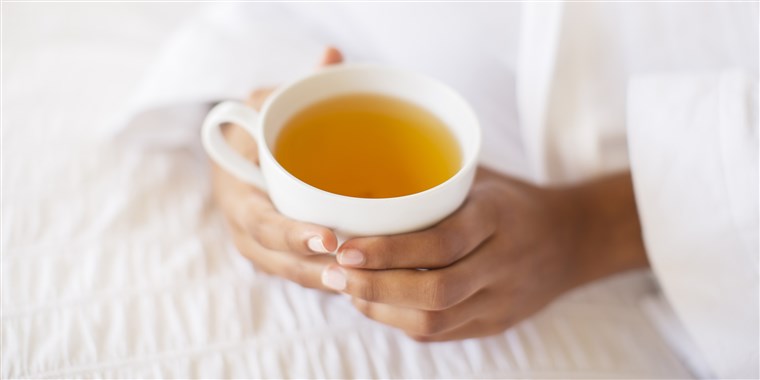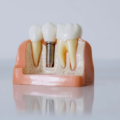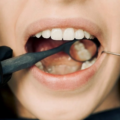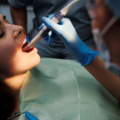It’s not a secret that drinking tea is good for our health. Tea has been an essential part of traditional medicine for centuries and is considered a versatile treatment option in many Asian countries.
In fact, the benefits of this magic beverage go beyond feeling better when you’re sick. Drinking tea can help boost and maintain brain health, promote heart health, and might even prevent cancer.
Lots of scientists have been investigating the possible benefits of the tea, and now experts suggest that drinking tea can actually help you avoid dangerous conditions like cancer, obesity, and dehydration.
Many scientists are also sure that drinking three and more cups of tea per day can be more beneficial than drinking the same amount of regular water since tea is full of antioxidants that possess amazing properties, starting from boosting the immune system to fighting free radicals.
But how does drinking tea affect our teeth? In fact, tea has both negative and positive effects on our dental health. Let’s take a look at four ways tea impacts your teeth that will help you decide whether this drink should be a part of your diet.
1. Tea and Erosion
Some brands of bottled and sweet tea lead to dental erosion since they contain sugars. Drinking these types of teas will bath your teeth in sugar, which actually contributes to erosion and tooth decay. According to the Academy of General Dentistry, canned and bottled iced tea can significantly harm your tooth enamel as well as soften your teeth and raise your risk of dental cavities and even tooth loss. In order to avoid dental issues, choose unsweetened tea or tea with sugar substitutes.
2. Tea and Staining
One of the most common side effects of drinking tea is staining on your teeth. Tea contains a polyphenol called tannin, which actually gives it the dark color. If you have dental cavities and cracks on your teeth, that polyphenol might settle into them leading to discoloration over time.
In order to avoid staining, it’s wise to drink tea using a straw and rinse the mouth with water after drinking tea. These tips will help you limit the possibility of staining. Your family dentist can also remove the stains through bleaching or teeth whitening procedures.
3. Tea and Antioxidants
While tea can cause harmless but ugly spots on teeth, it’s packed with antioxidants. They are crucial for our health since they are free radical scavengers. In fact, free radicals are molecules that naturally occur in your body but the excess of these molecules (oxidative stress) can affect any system and organ in your body as well as lead to any type of cancer.
It’s not a secret that oxidative stress can be caused by lots of things like smoking, unhealthy diet, alcohol consumption, and even air pollution. So, it’s important to get enough antioxidants. Plus, antioxidants are beneficial for your oral health since they can help prevent tooth decay and other oral diseases including oral cancer.
Now scientists have focused on two interrelated mechanisms by which saliva and its components, including antioxidants, maintain oral health. One mechanism is pathogen control and another is host tissue response management. Pathogen control is the reduction of bacteria and other harmful microorganisms. If saliva contains enough natural components that are anti-microbial like antioxidants, attacking pathogens that cause dental activities and gum infections, your teeth and gums will remain strong and healthy.
4. Tea and Inflammation
As was mentioned above, tea contains antioxidants that are good for your dental health. Antioxidants in tea are called polyphenols and they are able to protect your gums and prevent gingivitis and gum disease. Maybe, it’s time to drink a cup of tea?






































No Comments